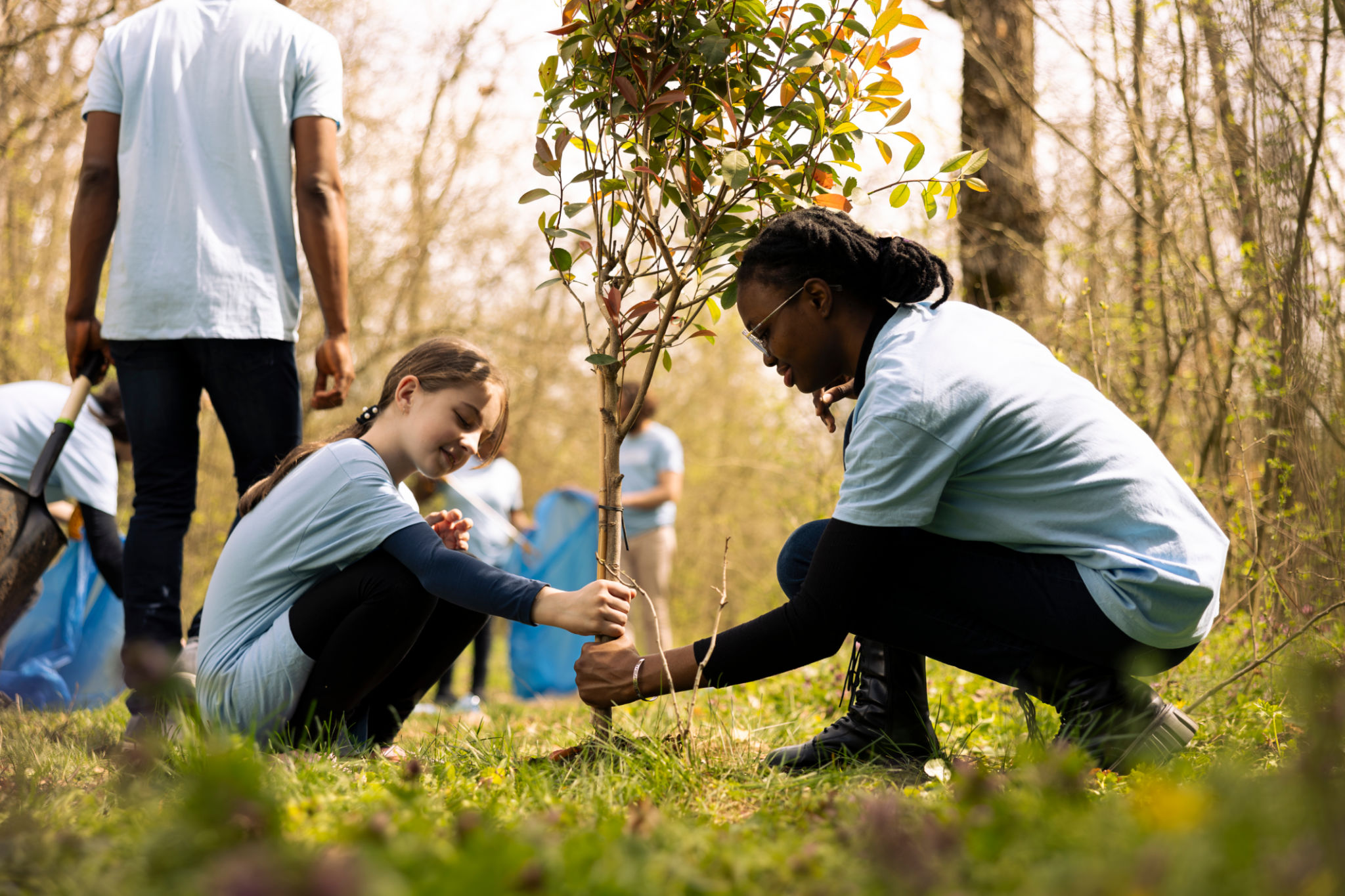The Role of 501c3 Organizations in Supporting Ethnic Hair and Skin Care for Foster Youth
Understanding the Needs of Foster Youth
Foster youth often face unique challenges, particularly when it comes to meeting their personal care needs. For those with specific ethnic hair and skin care requirements, these challenges can be even more complex. Many foster families may not have experience or understanding of the specialized products and techniques needed to care for ethnic hair and skin. This is where the support of 501c3 organizations becomes invaluable.

The Role of 501c3 Organizations
501c3 organizations, as nonprofit entities, play a critical role in providing resources and support to foster youth. These organizations can offer educational workshops, supply necessary products, and advocate for greater awareness and understanding within the foster care system. Their mission-driven focus allows them to address specific gaps that government agencies and other organizations may overlook.
Providing Essential Products
One of the primary ways 501c3 organizations support ethnic hair and skin care for foster youth is by providing access to essential products. Many of these nonprofits collect donations of ethnic-specific hair and skincare products and distribute them to foster families. This ensures that children have what they need to maintain healthy hair and skin, which is crucial for their self-esteem and well-being.

Educational Workshops and Training
In addition to providing products, 501c3 organizations often offer educational workshops and training sessions for foster parents and caregivers. These sessions educate attendees on the proper techniques for caring for ethnic hair and skin, helping to demystify the process and empower caregivers with the knowledge needed to support their foster children's needs. This education is a critical component in fostering understanding and inclusion within the foster care system.
Building Community and Support Networks
Beyond practical support, 501c3 organizations help build a sense of community among foster youth and their caregivers. By hosting events and creating support networks, these organizations provide a safe space where individuals can share experiences, seek advice, and form connections. This community-building aspect is essential in providing emotional support and fostering a sense of belonging among foster youth.

Advocacy and Awareness
Advocacy is another crucial role that 501c3 organizations play in supporting ethnic hair and skin care for foster youth. By raising awareness about the specific needs of these children, nonprofits can influence policy changes and encourage greater inclusivity within the foster care system. Through campaigns, public speaking engagements, and partnerships with other organizations, they work tirelessly to ensure that the voices of foster youth are heard and their needs are met.
The Impact of Support
The impact of 501c3 organizations on the lives of foster youth cannot be overstated. By addressing their unique hair and skin care needs, these nonprofits not only improve their physical well-being but also contribute to their emotional health. Feeling comfortable in their own skin helps foster youth develop a positive self-image, which is vital for their overall development and success.
How You Can Help
If you're looking to support this important cause, there are several ways you can get involved. Consider donating to a 501c3 organization that focuses on ethnic hair and skin care for foster youth or volunteering your time at events or workshops. Every contribution makes a difference in the lives of these young individuals, helping them feel valued and understood.

In conclusion, 501c3 organizations play an indispensable role in supporting ethnic hair and skin care for foster youth. Through product provision, education, community building, advocacy, and more, they help ensure that all foster youth receive the care they need and deserve. By understanding their efforts and contributing where possible, we can all help make a meaningful impact in the lives of these children.
